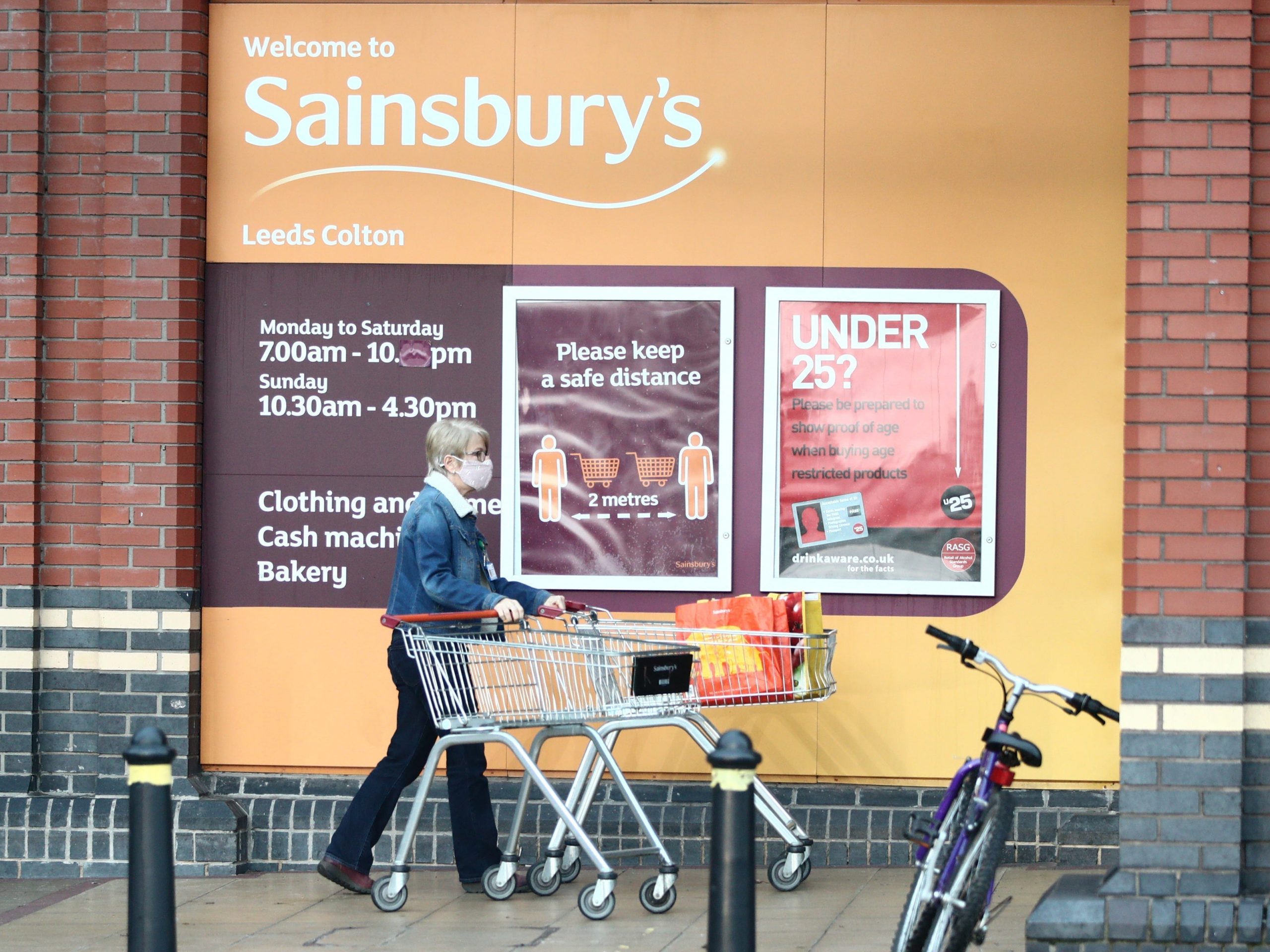
- British grocer Sainsbury’s announced Thursday that it is cutting up to 3,500 jobs and closing around 420 standalone Argos stores.
- The Argos closures account for most of the job losses.
- Sainsbury’s will open an Argos store or collection point in every Sainsbury’s supermarket by March 2024, it said.
- Sainsbury’s has also permanently closed its meat, fish, and deli counters, causing job losses in its own stores.
- The restructuring led the group to post a £137 million ($178 million) pre-tax loss in the six months to September, but it said that retail sales were stronger than expected.
- Visit Business Insider’s homepage for more stories.
Britain’s second-biggest grocer Sainsbury’s has said it will cut 3,500 jobs and close 80% of standalone stores belonging to Argos, the catalog retail chain it bought in 2016.
The job cuts will mostly fall at the Argos stores, but they will also be lost in branches of Sainsbury’s, where the grocer is closing all deli, fish, and meat counters.
Online sales across the group nearly doubled in the six months to September, it said Thursday, but it posted a £137 million ($178 million) pre-tax loss, caused mainly by its restructuring.
Sainsbury’s will close 420 standalone Argos stores by March 2024, leaving about 100 open, it said in an earnings call Thursday.
But before then, it will open up to 150 Argos stores and 200 Argos collection points in its grocery stores, so that every Sainsbury’s supermarket will have either an Argos store or a collection point.
While Sainsbury's is adding Argos hubs to its grocers, it will permanently close its meat, fish, and deli counters because of reduced demand. It temporarily closed the counters during the pandemic, and said Thursday that customers are happy buying these products in aisles.
The grocer will also triple the number of new products it launches each year, and introduce more hot food, sushi, and coffee-to-go. This comes as other grocers, such as Marks & Spencer, recorded notable declines in their food-to-go sales as people stay at home during the pandemic.
Sainsbury's also announced plans to open more grocery stores, even as it closes most of its Argos sites. Like fellow UK grocer the Co-op, the chain will open more convenience and slightly larger neighborhood stores over the next three years, in anticipation of customers wanting to shop locally.
Total retail sales for Sainsbury's were up 7.1% in the six months to September, which the grocer said was stronger than it expected. Online sales more than doubled, making up almost 40% of all sales.
But the company posted a £137 million ($178 million) pre-tax loss, which it said included £438 million ($570 million) in one-off costs associated with the Argos closures, alongside other strategic and market changes. Underlying pre-tax profit was £301 million ($392 million), it said.
The company said it expects underlying pre-tax profits for the year to March 2021 to increase by "at least" 5% year-on-year after the restructuring.
Sainsbury's also spent around £290 million ($377 million) on COVID-19 measures, though these were partially offset by £230 million ($299 million) in business rates relief.
CEO Simon Roberts said he would waive any potential bonus entitlement for the financial year.
The results aren't much of a surprise, Freetrade analyst David Kimberley told Business Insider.
"Even prior to the pandemic, investors were looking for more aggressive cost-cutting measures at Sainsbury's," he said, because of the business' "extremely tight margins."
"The problem is that margins are even tighter for online orders than they are in store, which may make some investors question how profitable all of these home deliveries actually are."
